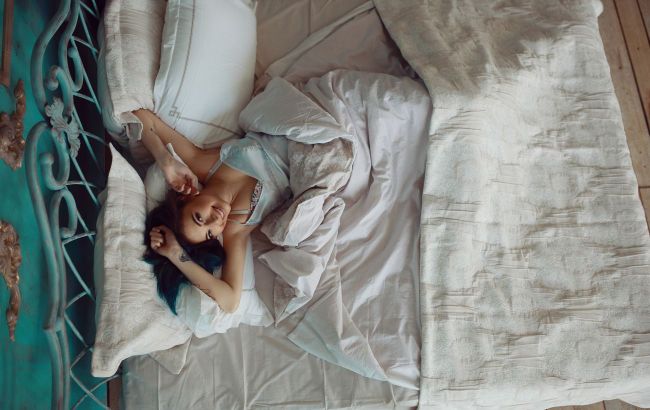Not 8 hours: Main myth about amount of sleep disproven
 Illustrative photo (Freepik)
Illustrative photo (Freepik)
Sleep is a crucial process during which the body undergoes restoration. Researchers have found that catching up on sleep during weekends can help reduce the risk of heart disease, citing the Daily Express.
Quality sleep
Researchers have identified the ideal amount of sleep needed per night to maintain a healthy balance in the body, debunking the popular myth on this subject.
Research presented by the National Center for Cardiovascular Diseases of China at the European Society of Cardiology meeting showed that people need about seven to nine hours of sleep per day on average.
This contradicts the claim that eight hours is the optimal sleep duration. Professor Kevin Morgan reported that the research also showed the benefits of catching up on sleep during weekends and how it can help reduce the risk of heart disease.
"The latest study is yet another to explode the myth that we need exactly eight hours' sleep a night," he said.
Most people need between seven to nine hours each night, though there are always exceptions.
The study also examined the benefits of longer sleep on weekends (also known as compensatory sleep), finding benefits with just 1.28 hours extra in bed.
In some cases, additional sleep was associated with a lower risk of developing heart disease.
Adequate compensatory sleep is linked to a reduced risk of heart disease. This connection becomes more apparent among people who regularly lack sleep during the week.
This means that those who do not get enough sleep during the workweek would benefit from catching up on sleep during the weekends. Although extra sleep can help reduce someone’s risk of heart disease, not everyone can do this, and others may struggle with falling asleep.
This material is for informational purposes only and should not be used for medical diagnosis or self-treatment. Our goal is to provide readers with accurate information about symptoms, causes, and methods of detecting diseases. RBС-Ukraine is not responsible for any diagnoses that readers may make based on materials from the resource. We do not recommend self-treatment and advise consulting a doctor in case of any health concerns.

